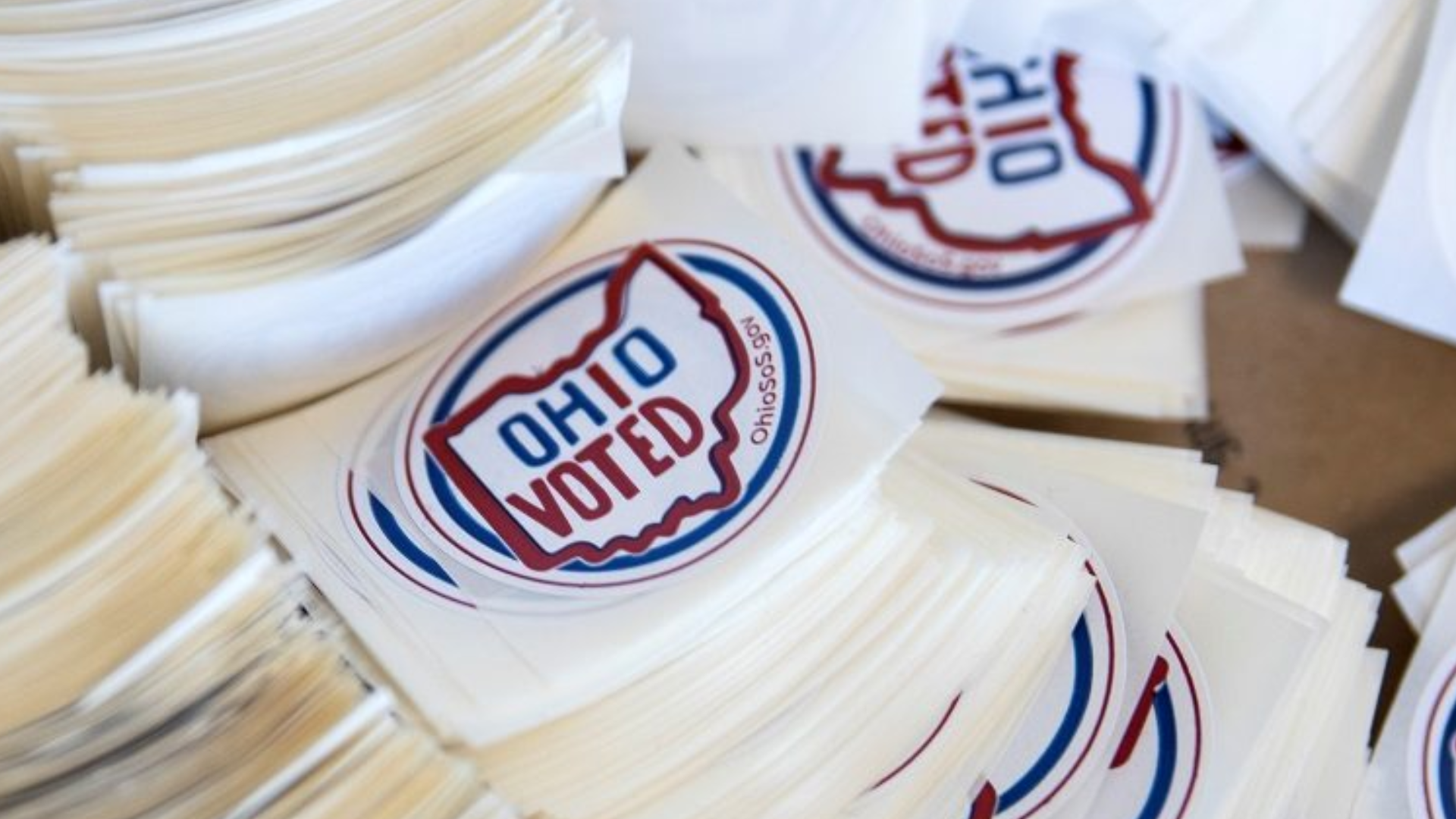On July 4, 2023, Governor Mike DeWine vetoed numerous provisions from the state budget, including the preemptive language that would prevent local regulation on tobacco and alternative nicotine products. Originally, the Ohio Senate included the preemptive language about tobacco regulation and retail licensing in its version of the state budget along with other plans to eliminate programs in the health and human services space. According to the governor’s veto message, which describes reasons for his vetoes, the preemptive language was eliminated because:
- Tobacco and alternative nicotine products would increase health care costs for every Ohioan.
- Flavored tobacco products usually target children. If local regulation of these products were banned, then it would lead to youth nicotine addiction.
- The CDC noted that 480,000 Americans die from cigarette smoke each year.The governor’s veto also allowed outdoor smoke-free facilities to continue to operate in schools, college campuses and parks.
Governor DeWine’s is consistent on tobacco regulation
During the press conference about the final state budget on July 5, 2023, a reporter asked Governor DeWine to describe how he would support a statewide policy about tobacco legislation while continuing to veto preemptive language. The governor explained he would only sign a bill into law which states that Ohio will not sell a product that has menthol or any other flavor. He further explained he has been consistent about this issue throughout his political career from being a US Senator (dealing with the impacts of tobacco addiction) to vetoing House Bill 513 that would have preempted local bans on flavored tobacco products.
The governor explained he would only sign a bill into law which states that Ohio will not sell a product that has menthol or any other flavor.
What does this mean for policy efforts in Northeast Ohio?
Many organizations have been working tirelessly to encourage the City Council of Cleveland to ban menthol and flavored tobacco products. Some of the organizations include the American Heart Association (Cleveland chapter), Cleveland Office of Minority Health, Northeast Ohio Black Health Coalition, Parents Against Vaping E-Cigarettes and Cleveland Department of Public Health. These groups, among others, formed a campaign called the “Campaign to End Tobacco Targeting.” This informative campaign website provides educational information about flavored tobacco products through infographics, statistics about the issue and how Clevelanders react to how the tobacco industry targeted Black and Latino communities. If Cleveland bans the sale of tobacco flavored and menthol products, it will be added to the list of Ohio cities who achieved this public health policy milestone, including Columbus and Toledo.
The legislature has until December 2024 to override the governor’s vetoes.
Even though there is good news for advocates concerning tobacco regulation, the Ohio House and Senate can override the governor’s vetoes. The legislature has until December 2024 to override them. The Center for Community Solutions will continue to monitor the progress of the possible ban of flavored and menthol tobacco products in Cleveland.








